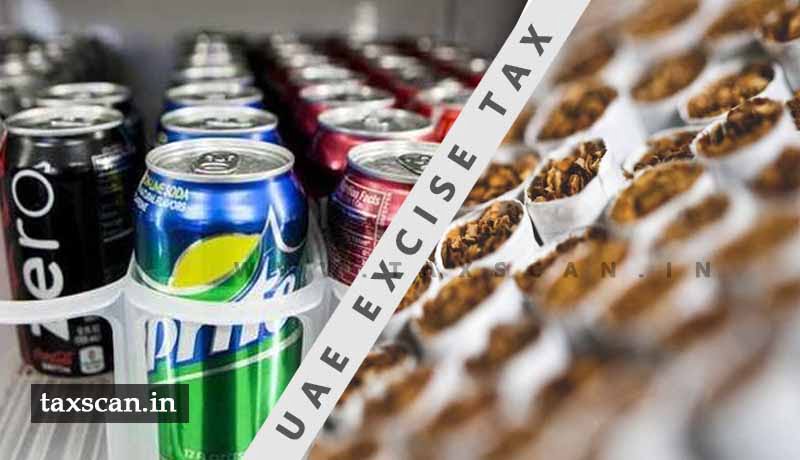UAE Excise Tax from Today: All You Need to Know

UAE Excise
UAE Excise
Finally, worlds’ one of the largest economy, United Arab Emirates (UAE) has switched to Excise Tax regime from 1st October 2017. The new UAE excise tax will add a 50% levy on all imported soft drinks and 100% on tobacco and energy drinks, will have a significant impact on the internal financial operations of UAE logistics companies.
The UAE government entity responsible for administering, implementing, and collecting federal taxes in the Emirates, excise taxes are payable by the individual or entity producing or importing products eligible for the tax.
It also affects individuals and entities that stock these products if they have not already been taxed. At the time of releasing the excisable goods from a designated zone, the warehouse keeper would be liable to pay the tax.
Manufacturers, importers, operators of warehouses in Designated Zones and owners of excisable goods can obtain registration through online from the new website launched by the Federal Tax Authority (FTA) for Excise Tax purposes.
What are the Items taxable under the Excise Tax?
Soft drinks include all carbonated/aerated beverages, with the exception of non-flavoured aerated water, as well as any concentrates, gels or extracts that can be processed into soft drinks.
Energy drinks including beverages that may contain stimulants or substances that induce mental or physical stimulation, including but not limited to: caffeine, taurine, ginseng and guarana, as well as any substances with similar effects.
How will it affect 3PLs and stockpilers?
Any person who stores excise goods prior to October 1, 2017, is required to register and pay the tax on the goods stored - provided there are "surplus excise goods" (i.e. goods stored by the person prior to October 1 and still owns them as of October 1, or goods that exceed two months' stock of inventory according to average monthly sales, which are calculated over a period of 12 months before the end of September 2017).
If excise goods are not in surplus, the stockpiler is not required to register for taxes.
Designated Zones
Designated Zones for Excise Tax purposes are warehouses, zones or areas which are considered to be outside the scope for Excise Tax purposes. Thus, goods held in such Designated Zones and the transfer of goods between Designated Zones will not be subject to Excise Tax, which will only be imposed on excisable goods released from the Designated Zone. The criteria, conditions and controls of Designated Zones will also be set out in the pending Executive Regulations
Are free zones exempt?
Tax is not due on excise goods until they leave a designated zone or when they are introduced for consumption - even if sold in a free zone, the FTA said. A designated zone is any fenced area intended as a free zone that cannot be entered or exited except through a designated road, and any area designated by the Authority as being subject to the supervision of a warehouse keeper, who must be registered as such with the FTA.
Implementation
Taxable persons must retain records of all produced, imported or stockpiled excise goods, as well as excise goods introduced for consumption, and submit monthly returns to the FTA. The taxes as per the returns must be paid within 15 days of the end of each month.
Importers who are registered with the Federal Tax Authority must declare their imports (that are subject to excise tax) at the customs department of the emirate in question prior to putting the items on sale. The import is to be declared once again in the tax return related to the tax period, and the tax is to be settled within 15 days from the end of the month where the import took place.
If the importer is not registered with the Federal Tax Authority, he must declare and settle the excise tax before the customs department releases the goods. Declaration and payment procedures will be conducted through the Authority's website.
Read the full text of the Law below.

